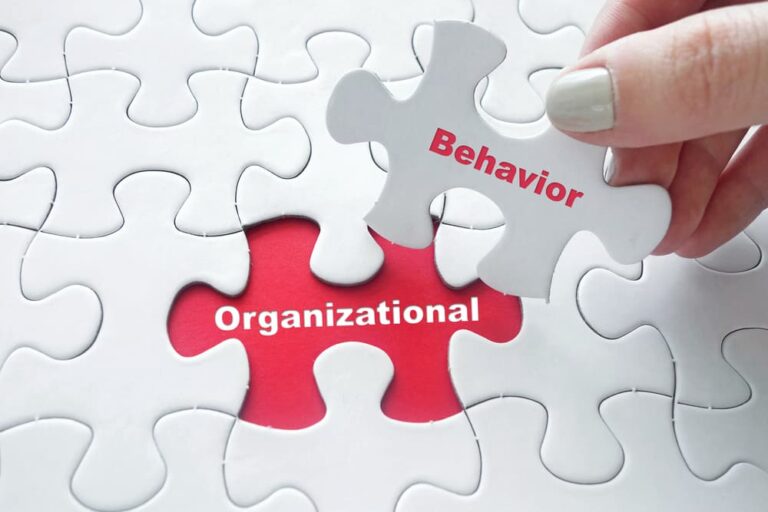What are Industrial and Organizational Psychologists?
Industrial and organizational psychologists focus their work on the behavior of individuals and groups within a larger organization. They use the knowledge gained from their research to develop solutions for challenges in the workplace. To create more successful and effective organizations, a better understanding of how people relate to one another is paramount, including how they communicate and collaborate. Industrial and organizational psychologists research these issues and develop strategies that improve employee relations and support the overall goal of creating superior products and services.
An Important Specialty
With workplaces becoming more diverse, the issues involved in industrial and organizational psychology have become even more important in the business world. The work of industrial and organizational psychologists is used in areas such as employee recruitment and retention, training, develop of managers, measuring employee performance and the best ways to set up workplace reward systems that truly motivate employees.
Those who work in this line of psychology will face a number of challenging issues. They include:
- Low employee morale
- Processes that are ineffective
- Low productivity
- Lack of collaboration between employees
- Work-life balance
Solving these issues is key for businesses, particularly in a job market where recruitment and retention of the best employees are more competitive than ever.
What Skills Do Industrial and Organizational Psychologists Need?
Research skills are important at this level of psychology. The U.S. Bureau of Labor Statistics points out that within this competitive field, industrial psychologists “typically need a master’s degree, usually including courses in industrial-organizational psychology, statistics, and research design.” That’s the type of training that comes in earning a master’s degree in industrial and organizational psychology.
Other skills that can lead to success in the field, according to the American Psychological Association, include the following.
- Identifying training and development needs
- Formulating and implementing training and evaluating effectiveness
- Coaching employees
- Developing criteria for performance evaluations of individuals and organizations
- Assessing consumer preferences, customer satisfaction, and market strategies
Part of the job is also matching jobs to people with the right skill set. By assessing the job demands and the skills of potential employees, psychologists can determine who is most likely to succeed in a given job.
Potential Jobs
Industrial and organizational psychologists are well prepared to take many distinct jobs. While they primarily work with improving the workforce in large organizations, they may work in specific jobs such as:
- Personnel analyst
- Research consultant
- Talent developer
- Organizational consultant
Demand for Psychologists
The BLS reports that industrial and organizational psychologists are highly sought because they handle a variety of tasks. In addition to evaluating employees and developing recommendations to improve effectiveness and efficiency, they also work with top executives to help create policy plans, employee screening tests, and training and overall strategy for organizational development.
Nationwide, the BLS projects 4% growth in the number of industrial and organizational psychologists. According to the BLS, the mean annual salary for industrial organizational psychologists was $144,610 as of May 2022.







